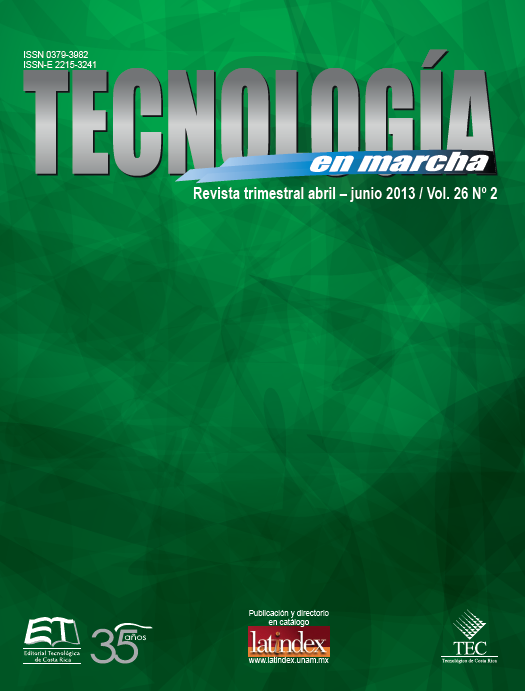Potential public health impact of the stranding of cetaceans
Main Article Content
Abstract
Cetacean stranding occurs when those animals arrive to the beach without having the possibility to come back to the sea. In Costa Rica, most of the cases have been registered along the pacific coast. Between the possible causes of the stranding, there are infectious diseases like marine brucellosis. This disease is caused by bacteria from the genus Brucella and it can be transmitted to humans. Contact between humans and cetaceans, has been increased because of touristic and working activities. Besides, stranding phenomenon usually calls the attention of tourists and locals, which tend to have close contact with the animal, mostly to return it to the sea. This potentiates the risk of transmission of pathogenic strains from marine mammals to humans and to other animals. In our country, a research project has been conducted during 2009 and 2011 by experts from public universities, government institutions and Keto Foundation. As part of this project, educational workshops have been addressed to healthcare professionals, community leaders, and local authorities, with the purpose of training them in the correct management of cetacean stranding, basically to prevent situations of public health risk.
Article Details
Los autores conservan los derechos de autor y ceden a la revista el derecho de la primera publicación y pueda editarlo, reproducirlo, distribuirlo, exhibirlo y comunicarlo en el país y en el extranjero mediante medios impresos y electrónicos. Asimismo, asumen el compromiso sobre cualquier litigio o reclamación relacionada con derechos de propiedad intelectual, exonerando de responsabilidad a la Editorial Tecnológica de Costa Rica. Además, se establece que los autores pueden realizar otros acuerdos contractuales independientes y adicionales para la distribución no exclusiva de la versión del artículo publicado en esta revista (p. ej., incluirlo en un repositorio institucional o publicarlo en un libro) siempre que indiquen claramente que el trabajo se publicó por primera vez en esta revista.

